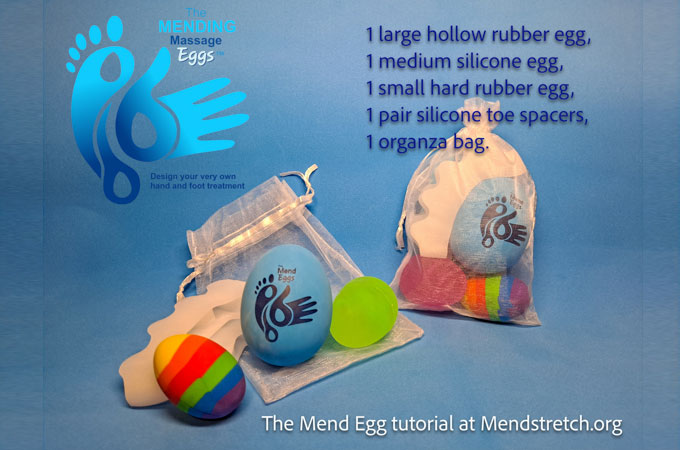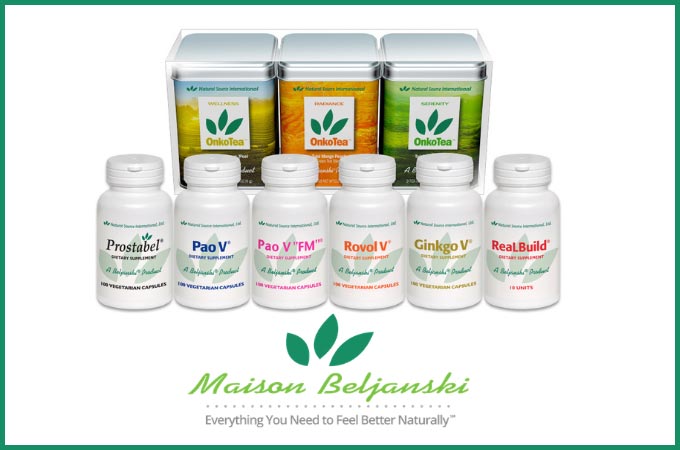Why You Shouldn’t Wrap Your Food In Aluminum Foil Before Cooking It
If you’re baking fish, roasting vegetables or preparing a piece of meat for dinner tonight, chances are that you’ll wrap your food in aluminium foil. What you may not realise is that some of the foil will leach into your meal – and this could be bad for your health.
Research that I conducted with a group of colleagues has explored the use of aluminium for cooking and preparing food. Aluminium doesn’t just appear in foil: it is the most popular cookware material used by people in developing countries. Pots and pans are lined with it and it is found in some kitchen utensils like large serving spoons. Copper used to fulfil this role, but over time it’s been replaced by aluminium because it is cheaper to mass produce and easier to clean.
But while cooking your food in aluminium pots or pans isn’t a bad thing, placing it in foil and putting it in the oven is problematic. This is especially true with acidic or spicy food that’s prepared at high temperatures.
Aluminium and health
Human bodies can excrete small amounts of aluminium very efficiently. This means that minimal exposure to aluminium is not a problem: the World Health Organisation has established a safe daily intake of 40mg per kilogram of body weight per day. So for a person who weighs 60kg the allowable intake would be 2400 mg.
But most people are exposed to and ingest far more than this suggested safe daily intake. Aluminium is present in corn, yellow cheese, salt, herbs, spices and tea. It’s used in cooking utensils, as described above, as well as in pharmacological agents like antacids and antiperspirants. Aluminium sulfate, which is derived from aluminium, is used as a coagulant during the purification process of drinking water.
Scientists are exploring whether over-exposure to aluminium may be posing threats to human health. For instance, high concentrations of aluminium have been detected in the brain tissue of patients with Alzheimer’s disease. Scientists have examined the community of old people with Alzheimer’s and concluded that it is a modern disease that’s developed from altered living conditions associated with society’s industrialisation. These conditions may include high levels of aluminium in daily life.
























